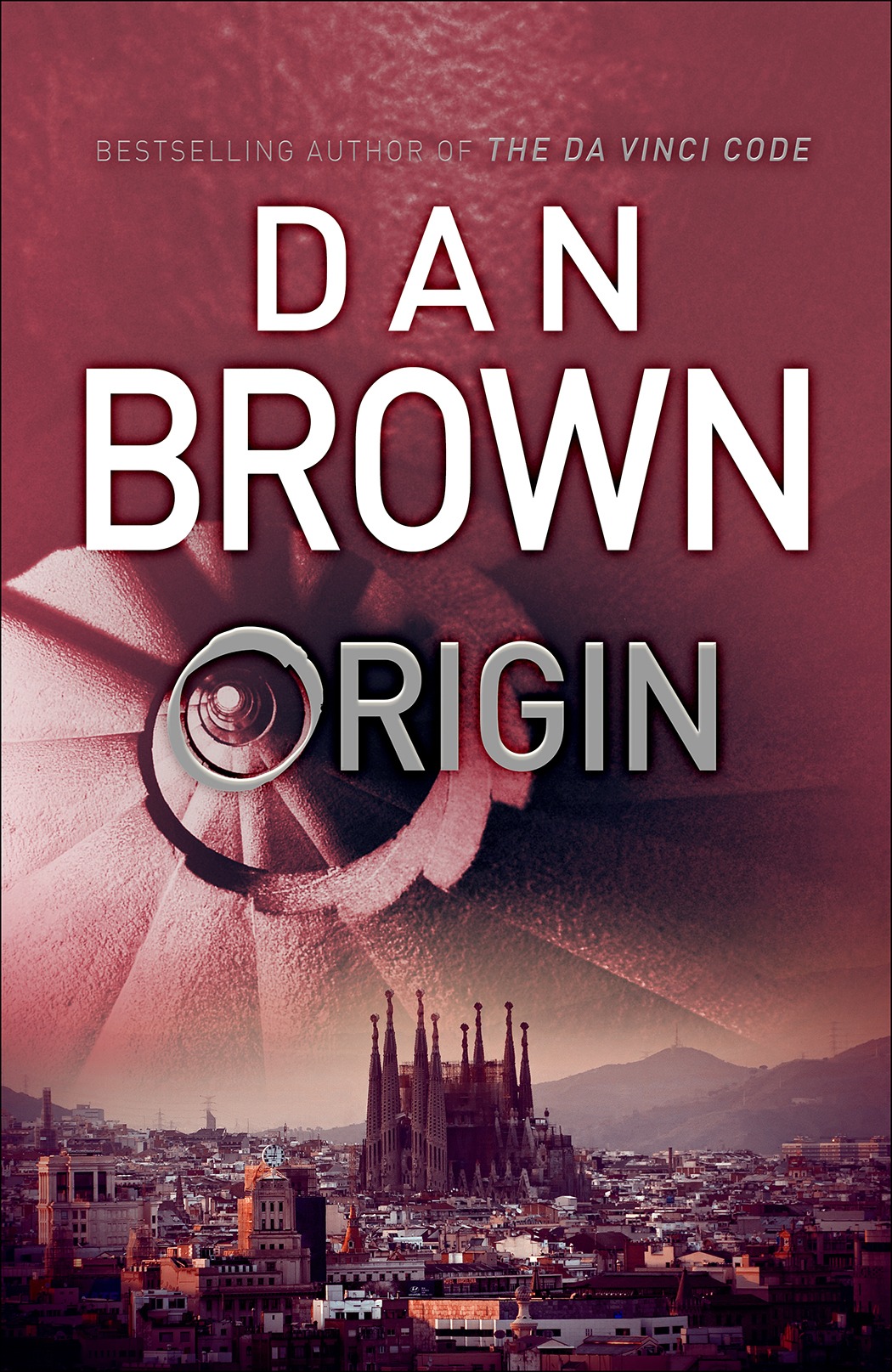
Origin (Dan Brown) - PDF File
On Sale
$8.00
$2.00
PROLOGUE
AS THE ANCIENT cogwheel train clawed its way up the dizzying incline,
Edmond Kirsch surveyed the jagged mountaintop above him. In the
distance, built into the face of a sheer cliff, the massive stone monastery
seemed to hang in space, as if magically fused to the vertical precipice.
This timeless sanctuary in Catalonia, Spain, had endured the relentless
pull of gravity for more than four centuries, never slipping from its original
purpose: to insulate its occupants from the modern world.
Ironically, they will now be the first to learn the truth, Kirsch thought,
wondering how they would react. Historically, the most dangerous men on
earth were men of God ... especially when their gods became threatened.
And I am about to hurl a flaming spear into a hornets’ nest.
When the train reached the mountaintop, Kirsch saw a solitary figure
waiting for him on the platform. The wizened skeleton of a man was draped
in the traditional Catholic purple cassock and white rochet, with a zucchetto
on his head. Kirsch recognized his host’s rawboned features from photos
and felt an unexpected surge of adrenaline.
Valdespino is greeting me personally.
Bishop Antonio Valdespino was a formidable figure in Spain—not only a
trusted friend and counselor to the king himself, but one of the country’s
most vocal and influential advocates for the preservation of conservative
Catholic values and traditional political standards.
“Edmond Kirsch, I assume?” the bishop intoned as Kirsch exited the
train.
“Guilty as charged,” Kirsch said, smiling as he reached out to shake his
host’s bony hand. “Bishop Valdespino, I want to thank you for arranging
this meeting.”
“I appreciate your requesting it.” The bishop’s voice was stronger than
Kirsch expected—clear and penetrating, like a bell. “It is not often we are
consulted by men of science, especially one of your prominence. This way,
please.”
As Valdespino guided Kirsch across the platform, the cold mountain air
whipped at the bishop’s cassock.
AS THE ANCIENT cogwheel train clawed its way up the dizzying incline,
Edmond Kirsch surveyed the jagged mountaintop above him. In the
distance, built into the face of a sheer cliff, the massive stone monastery
seemed to hang in space, as if magically fused to the vertical precipice.
This timeless sanctuary in Catalonia, Spain, had endured the relentless
pull of gravity for more than four centuries, never slipping from its original
purpose: to insulate its occupants from the modern world.
Ironically, they will now be the first to learn the truth, Kirsch thought,
wondering how they would react. Historically, the most dangerous men on
earth were men of God ... especially when their gods became threatened.
And I am about to hurl a flaming spear into a hornets’ nest.
When the train reached the mountaintop, Kirsch saw a solitary figure
waiting for him on the platform. The wizened skeleton of a man was draped
in the traditional Catholic purple cassock and white rochet, with a zucchetto
on his head. Kirsch recognized his host’s rawboned features from photos
and felt an unexpected surge of adrenaline.
Valdespino is greeting me personally.
Bishop Antonio Valdespino was a formidable figure in Spain—not only a
trusted friend and counselor to the king himself, but one of the country’s
most vocal and influential advocates for the preservation of conservative
Catholic values and traditional political standards.
“Edmond Kirsch, I assume?” the bishop intoned as Kirsch exited the
train.
“Guilty as charged,” Kirsch said, smiling as he reached out to shake his
host’s bony hand. “Bishop Valdespino, I want to thank you for arranging
this meeting.”
“I appreciate your requesting it.” The bishop’s voice was stronger than
Kirsch expected—clear and penetrating, like a bell. “It is not often we are
consulted by men of science, especially one of your prominence. This way,
please.”
As Valdespino guided Kirsch across the platform, the cold mountain air
whipped at the bishop’s cassock.
